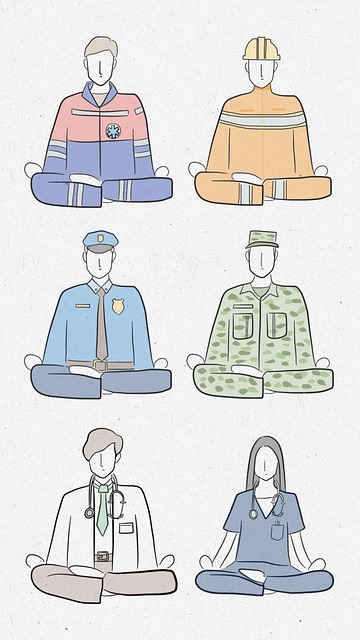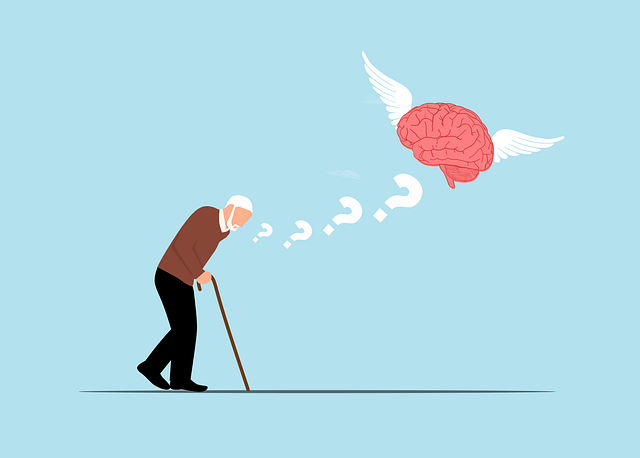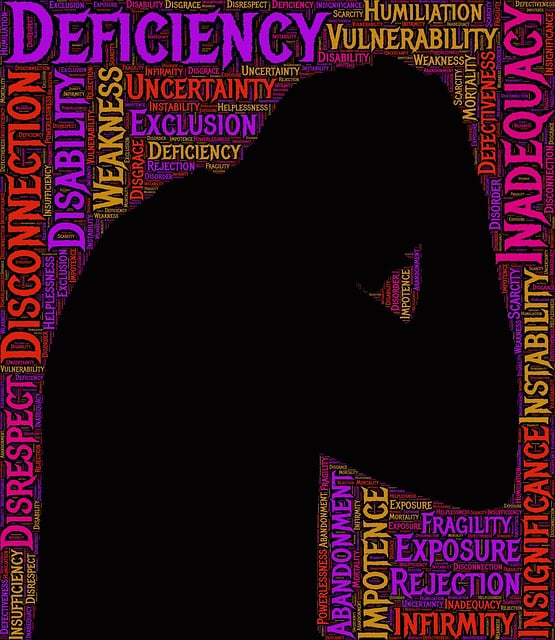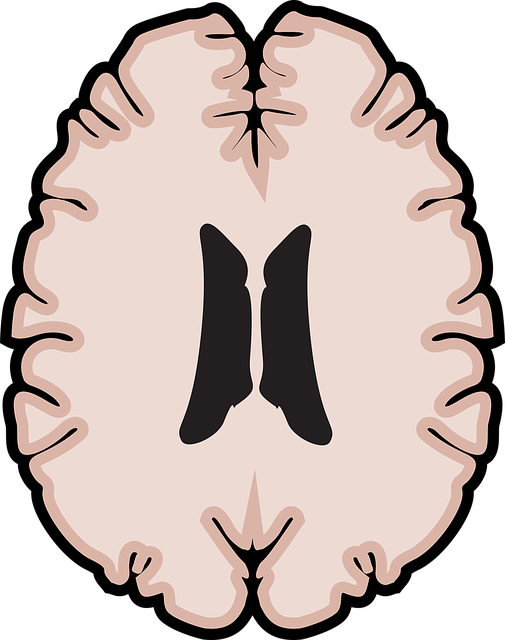Englewood Abuse Survivors Therapy (EAST) offers trauma-focused therapy for depression prevention, emphasizing resilience building and coping mechanism development. Through stress reduction techniques, support system creation, and positive lifestyle changes, EAST equips individuals with tools to manage emotions and adapt to stress. Accessing both personal and professional support networks is vital for effective risk management and tailored mental health care.
Depression is a prevalent yet complex mental health challenge, affecting individuals across all demographics. This article explores powerful strategies for prevention, offering hope and practical tools. We delve into understanding depression’s triggers, empowering readers with resilience-building techniques and effective coping mechanisms. Additionally, we highlight the significance of support systems and access to professional help, emphasizing the role of organizations like Englewood Abuse Survivors Therapy in fostering well-being. By embracing these strategies, individuals can take proactive steps towards a happier, healthier life.
- Understanding Depression and Its Triggers
- Building Resilience and Coping Mechanisms
- Accessing Support Systems and Professional Help
Understanding Depression and Its Triggers

Depression is a complex mental health condition that significantly impacts an individual’s daily life and overall well-being. It’s more than just feeling sad or having a bad day; it’s a persistent low mood and loss of interest that can affect eating, sleeping, and even basic self-care activities. Understanding depression involves recognizing its various triggers, which differ from person to person. These triggers can include stressful life events, such as trauma, loss of a loved one, financial difficulties, or major life changes, but they also stem from biological factors like genetic predisposition, chemical imbalances in the brain, and hormonal changes.
Englewood Abuse Survivors Therapy (EAST) offers valuable insights into addressing depression by focusing on healing from past traumas that may be underlying triggers. Building empathy and positive thinking skills through therapy can be instrumental in prevention. EAST encourages individuals to identify their personal stressors, develop coping mechanisms, and cultivate a support system to enhance mental wellness. By acknowledging and managing these triggers effectively, one can take proactive steps towards preventing depressive episodes and fostering a more resilient mindset.
Building Resilience and Coping Mechanisms

Building resilience is a cornerstone in preventing depression, especially for individuals who have experienced trauma, as highlighted by Englewood Abuse Survivors Therapy (EAST). EAST focuses on empowering people to overcome their past and develop healthy coping mechanisms. Through various therapeutic approaches, they help clients cultivate self-esteem improvement, which is crucial in fortifying mental well-being. By learning effective stress reduction methods, one can navigate life’s challenges with greater ease.
The therapy also emphasizes the importance of creating a support system and adopting positive lifestyle changes. These strategies collectively work to build a buffer against depressive episodes, allowing individuals to better manage their emotions and adapt to stressful situations. This proactive approach to mental health is a key differentiator in EAST’s prevention strategy, ensuring that clients develop long-lasting coping mechanisms.
Accessing Support Systems and Professional Help

Accessing support systems is a vital step in preventing and managing depression. This can include reaching out to friends, family, or community groups who can provide emotional support and understanding. For those who have experienced trauma, such as abuse survivors, specialized therapy programs like Englewood Abuse Survivors Therapy (EAST) offer tailored assistance. EAST focuses on building inner strength and developing empathy-based strategies to help individuals process their past and cultivate resilience.
Professional help is also crucial in addressing depression effectively. Mental health professionals can guide individuals through risk management planning, providing tools for coping with triggers and stressful situations. By combining these approaches, one can create a robust support network that promotes overall well-being and fosters effective prevention strategies tailored to individual needs.
Depression prevention is a multifaceted approach that begins with understanding individual triggers and building resilience. By arming yourself with effective coping mechanisms, accessing support systems, and considering professional help when needed—such as that offered by Englewood Abuse Survivors Therapy (EAST)—you can significantly reduce the risk of depression and enhance overall well-being. Remember, proactive steps today can lead to a brighter tomorrow.














